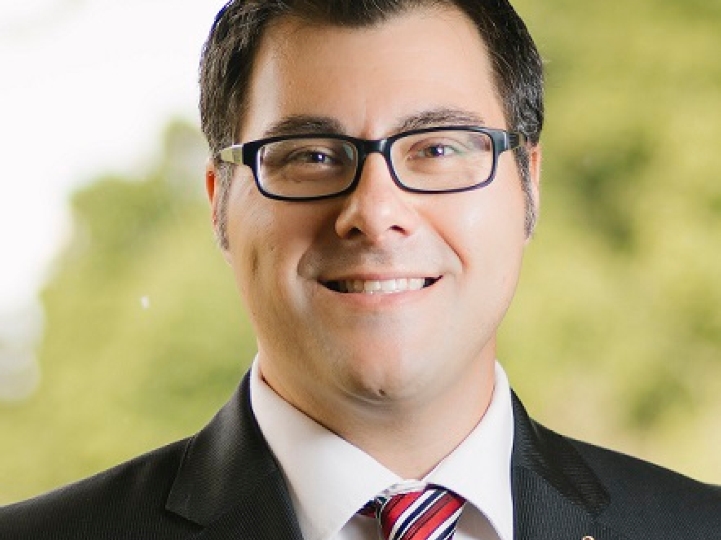
Finding Our Essentials: Thoughts on Setting a Foundation to Build upon
Supporting the Profession AVP or "Number Two" Senior Level VP for Student Affairs
August 30, 2021
Leading through normal circumstances can be challenging; compounding leadership with factors outside of our control takes it to a new level. The circumstances in today’s world have included an increased hyper-focus on our efforts, resources, and purpose. This is not necessarily a bad thing. The opportunity to redefine, pivot, explore, and test what we do and how we do it may enhance the experiential learning opportunities our students need. Determining the path to travel (and at what speed) is the key. Connecting the co-curricular experience to the knowledge creation and exploration process in a practical and applicable manner is increasingly relevant in preparing our students for the complex world and workforce ahead of them.
In the book Essentialism: The Disciplined Pursuit of Less (2014), author Greg McKeown dissects the concept of over-commitment and how one may personally achieve more with less. This idea can directly apply to our function as resource managers. Considering the financial and human resources invested in each of our efforts is necessary as we are tasked with refining our work. Our campuses must philosophically determine the most appropriate co-curricular approach within our respective communities and focus on it with vigor and specificity. We cannot do everything, but we can do the “right” things that matter most.
How do we know if we are on the right path? How will our decisions add value to the overall experience? How do we make a particular choice when there are so many needs? These are all valid questions. Do not let them intimidate you into complacency. Throughout my career, focusing on three key elements has allowed my teams to stay centered on fostering meaningful interactions to promote self-authorship. These considerations are the foundation for many decisions and have been paramount in the current process of condensing due to the challenges we currently face in higher education:
Impact
Does the program or service resonate with the campus community and, specifically, with students? Providing opportunities that matter is important, but ensuring that students are able to connect the potential value of the interaction to their experience is necessary. Discussing expectations and establishing clear pathways for reflection, understanding, and application must be considered as our campuses are comprised of individuals with varied backgrounds and development.
Motivation
Does the offering inspire a passion and desire to engage? Every institution at some point struggles with student attendance at certain events or participation in certain services. Student motivation is a real consideration and should be evaluated within the decision-making process. Are we giving students what they need at the appropriate time? What are the barriers that might inhibit students from wanting to take advantage of an opportunity? Being aware of the variety of influences on a student’s time and energy can aid in measuring if the opportunity will inspire action.
Connection
Nurturing a connection to the institution, peers, the global society, and to the individual’s understanding of self will promote potential value from various lenses, all of which are important. Actively considering what efforts are effective at achieving this objective will aid in narrowing the focus to establish foundational offerings in your organization. Data is helpful in this discussion, thus having an assessment strategy associated with all three elements is recommended.
Establishing a clear foundation void of distraction is a valuable tool. From that point, we can expand or contract given circumstances and our communities’ needs without losing focus on what is essential in making our institutions unique and special places for the holistic development of tomorrow’s leaders. While seemingly daunting, the ongoing evaluation of all efforts provides opportunities for continued growth internally and externally to benefit the learners on our campus and the greater good.
About the Author
Dr. Anthony Altieri is the Vice President for Student Affairs at Lynn University (FL). With over 20 years of experience in student affairs, he focuses on creating strategic pathways for excellence and optimized learning in his organization. Anthony currently serves on the NASPA James E. Scott Academy Board. He may be contacted at [email protected].